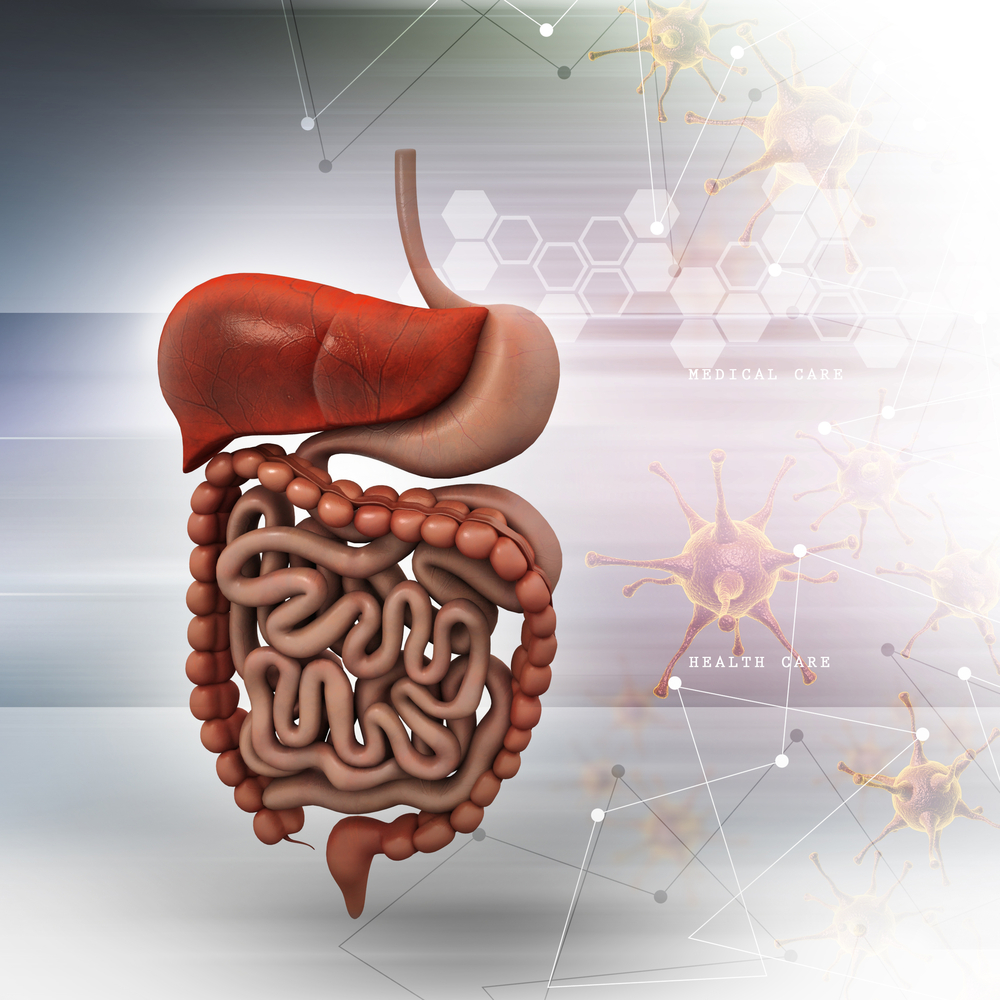Managing Gastric Reflux When You Have Sjogren’s Syndrome
Written by |

Sjogren’s syndrome is an autoimmune disease characterized by a decreased production of saliva, tears, and other secretions.
A common symptom of Sjogren’s syndrome is acid reflux, also known as gastric reflux or heartburn. Sometimes, gastric reflux may progress into a more serious condition called gastroesophageal reflux disease.
Saliva is known to neutralize the effect of stomach acid that is refluxed into the upper digestive tract. Therefore, because Sjogren’s syndrome patients have decreased salivary production, they may experience episodes of gastric reflux.
Here are a few tips on how to deal with gastric reflux if you have been diagnosed with Sjogren’s syndrome.
Prop up your head during sleep
If you get heartburn during sleep, using props to elevate your head may help. Keep in mind that pillows may change body curvature to actually worsen gastric reflux. Using a wooden block or styrofoam wedge under your mattress can support your head and shoulder, and prevent acid from rising up from your stomach.
Eat smaller meals throughout the day
A very full stomach can cause the lower esophageal sphincter — the valve between the stomach and esophagus — to relax, pushing the acid up into the esophagus. Eating small quantities of food throughout the day can, therefore, help with gastric reflux.
Finish meals at least three to four hours before bedtime and avoid snacks before going to bed.
Maintain a healthy body weight
If you are overweight, losing weight can help reduce gastric reflux. Exercise, as well as a healthy diet, can help you reach your ideal weight. Consult a physiotherapist before starting any exercise regimen to minimize injury and speak to a dietician for help with planning a healthy diet.
Make suitable changes to your diet
You may need to make several changes to your diet to prevent triggering gastric reflux. Avoid spicy, acidic, and fatty foods or any other foods that you know can cause discomfort. Reducing your caffeine and alcohol intake can help as well.
Take measures to promote saliva production
Dry mouth and throat due to low saliva production are characteristic symptoms of Sjogren’s syndrome. Stimulating saliva production with products approved by the U.S. Food and Drug Administration, such as Salagen (pilocarpine) and Evoxac (cevimeline hydrochloride), can help neutralize stomach acid and reduce gastric reflux.
Consider using medications
Antacids are commonly used to neutralize stomach acid and can provide temporary relief from gastric reflux while medicines such as histamine receptor antagonists (H2 blockers) can provide longer-lasting effects. However, both treatments are best suited for mild symptoms and may not be adequate if you have moderate to severe gastric reflux. In such cases, medications such as proton-pump inhibitors are much more effective. Consult your doctor before taking any medication and keep track of recurring reflux symptoms.
Quit smoking
Long-term smoking reduces the amount of saliva in the mouth and throat, and changes its quality. Therefore, quitting the habit can be helpful for Sjogren’s syndrome patients who already have reduced saliva production. Make sure you withdraw gradually and consult your doctor if you are having issues.
Last updated: Jan. 24, 2020
***
Sjögren’s Disease News is strictly a news and information website about the disease. It does not provide medical advice, diagnosis, or treatment. This content is not intended to be a substitute for professional medical advice, diagnosis, or treatment. Always seek the advice of your physician or other qualified health provider with any questions you may have regarding a medical condition. Never disregard professional medical advice or delay in seeking it because of something you have read on this website.





